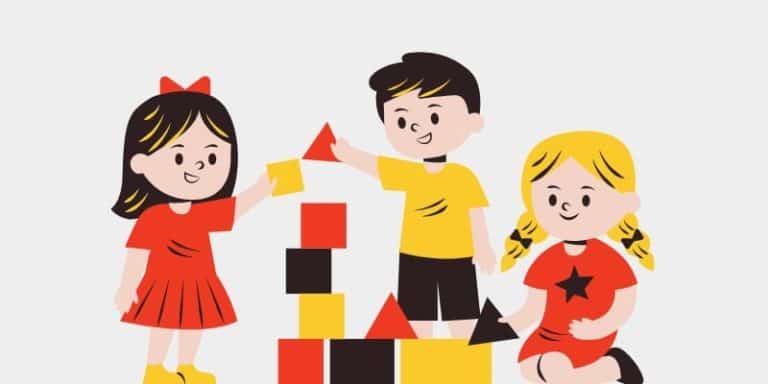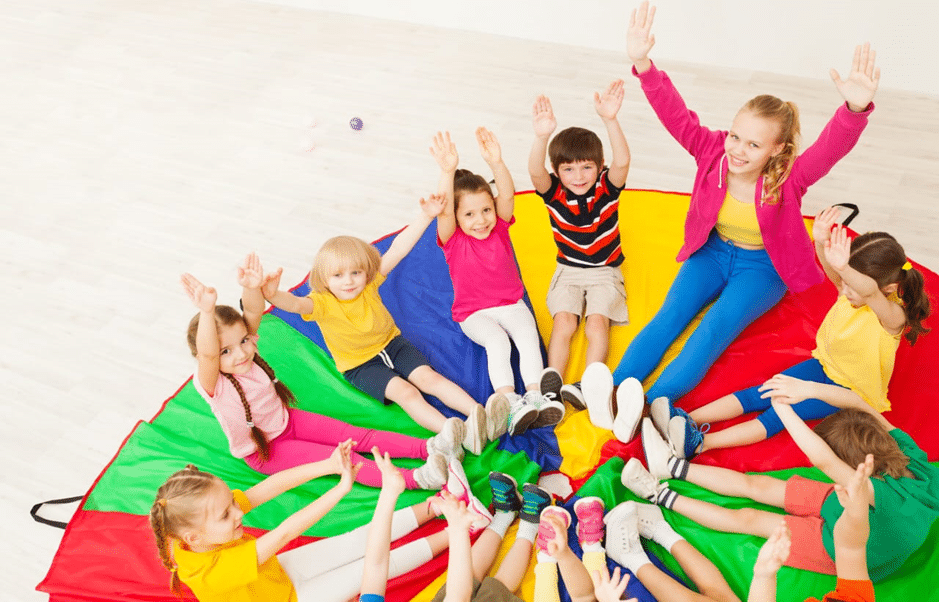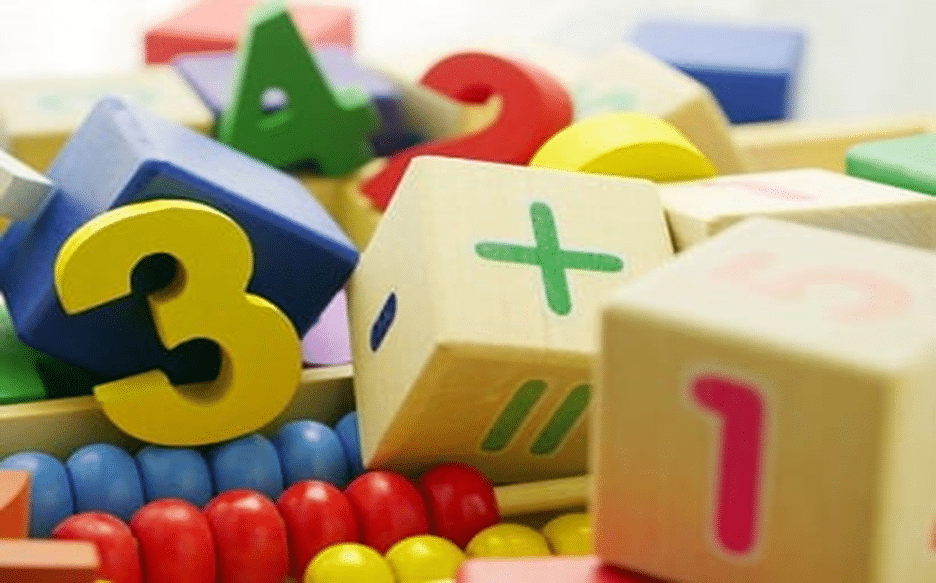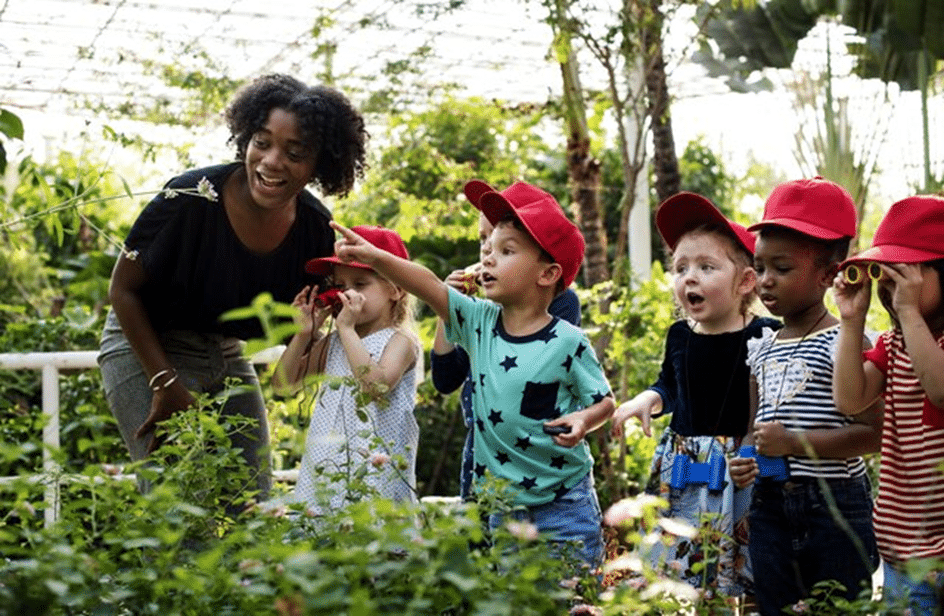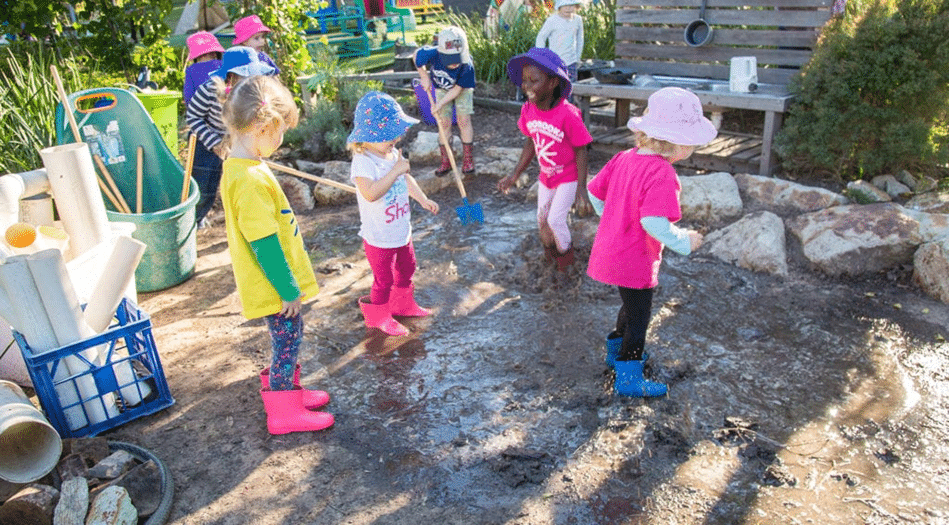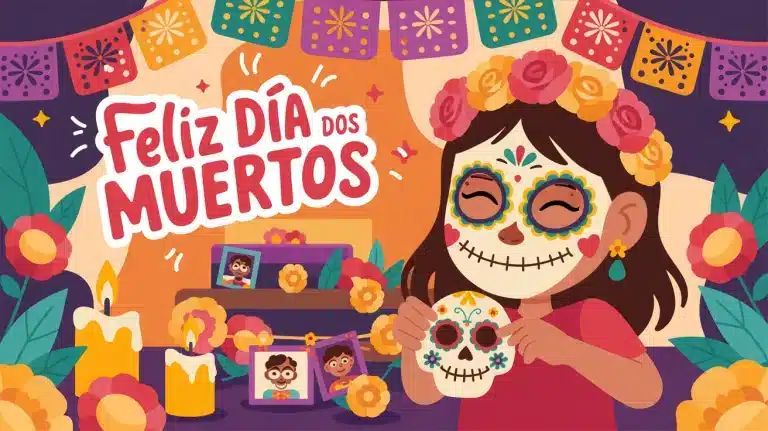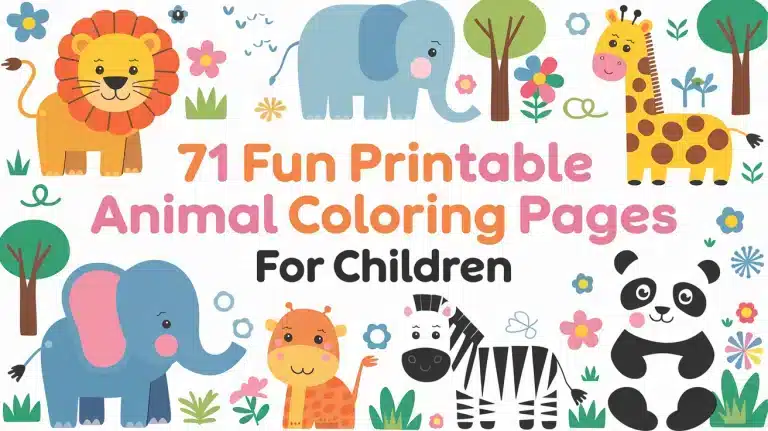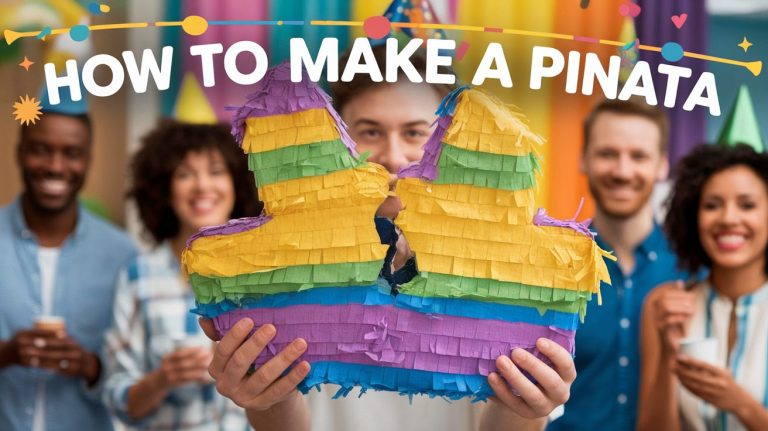Playtime is a serious matter for kids. Play and fun times are necessary for the kids with their friends and siblings;
They have fun with their toys while playing and run wild with their imaginative scenarios.
All these activities are crucial for their body and brain development.
However, apart from the conventional leisure time, you can also incorporate educational concepts into their playtime.
It helps to boost their learning skills and make learning fun.
You can find various parlour games for kids that incorporate educational concepts.
These games help kids learn through fun games and activities. These types of games are popularly known as learning games or educational games.
Today, we will discuss more about integrating educational concepts into playtime.
This includes the benefits of play-based learning, ways to incorporate, and more. So, without wasting time, let us start exploring!
What is Play-Based Learning?
Play-based learning is an approach that helps kids learn about the world through natural exploration.
Unlike traditional education methods, play-based learning does not have a stern pattern or dictate to the child what they need to do.
Benefits of Play-Based Learning
Play-based learning has gained massive popularity in recent years as it combines educational concepts with fun games and activities.
Below, we will discuss some common benefits of play-based learning for kids:
- Increased creativity: Playing games, especially those that involve creative imagination, helps to increase creativity in kids. For instance, when kids play games like role-play, it triggers their creative thinking, which is essential for innovation and creative work.
- Improved problem-solving skills: Play-based learning helps improve children’s problem-solving skills. Several play-based learning games incorporate tasks that call for problem-solving abilities. It may teach how to get things done or work with a team in the future.
- Motivation and engagement: Another crucial benefit of play-based learning is motivation and engagement. Kids often lack motivation and engagement in traditional education, irrelevant to play-based learning because it involves fun games that keep them engaged and motivated.
- Improved vocabulary: Play-and-learn games have endless benefits. Among them, improved vocabulary is one. When kids engage in new games, they learn new words from their friends and game instructors (it can be family or teacher).
- Increased concentration: In play-based learning, kids can choose a game. And when they get what they like, they tend to show more interest or concentration in the activity.
- Emotional development: Play-based learning is a great scope for a child’s emotional development. With such activities, they can feel their emotions, such as empathy and kindness.
- Cognitive development: Play-based learning activities such as role-play, matchmaking, puzzles, etc. help boost their cognitive ability.
- Social skill development: Play-and-learn games also help enhance children’s social skills because they interact with co-players and interactive toys during these activities.
- Active learning: Play-based learning promotes active learning by encouraging kids to finish a task or solve a riddle to reach the next level.
- Physical development: When kids get involved in games like dancing, jumping, or running, it boosts their physical development and keeps them healthy and fit.
- Improved decision-making ability: Play-based learning games often involve kids making choices independently to carry the game forward. This contributes to building their decision-making ability.
- Long-term retention: Children who learn through games engage in the process entirely. As a result, they remember what they have learned vividly for a long time.
- Stress relief: Play-based learning often involves fun activities such as singing, dancing, and jumping. These kind of activities help kids relax and unwind
Ways to Incorporate Educational Concepts Into Playtime
Integrating educational concepts into playtime has endless benefits for the child.
And you can integrate educational concepts into playtime through several play-based learning games. Here are a few ways you can try-
1. Hit The Ground
Playing on the playground has more benefits than just channeling the kids’ energy.
Hitting on the playground, where they can play on slides, tunnels, rope ladders, and more, improves their gross motor skills.
Such activities also help them strengthen their body and stay physically fit.
2. Choose The Right Toys
You must be surprised that even traditional playing items can teach kids something new.
For instance, costume games boost imagination and expand thinking, blocks teach problem-solving, and balls help them gain hand-eye coordination and cognitive ability. Just pick the right toy to teach certain skills.
3. Throw In Some Questions
Throwing in some questions can be a great way to utilize their playtime for learning. Do not always let the kids play quietly.
Try to ask questions like what are they doing and why are they doing that, etc.
It will boost their creative imagination and help them think out of the box.
4. Create Art
Involve kids in art activities such as drawing, crafts, pottery, etc.
These kinds of activities help them work with their creative abilities and self-expression.
Let the kids choose what to create and run their creative imagination.
5. Sing And Dance
Sing and dance are also great ways to teach kids to explore their feelings and express themselves freely through songs and physical movements.
It also helps them stay fit and flexible both physically and mentally.
6. Use Imagination
Playing imaginative games, such as costume games or pretend play, can help kids learn about a story interestingly and practice their creative imagination.
Key Takeaway
Integrating educational concepts into playtime requires in-depth knowledge about the subject you want to teach and how to incorporate it into kids’ playtime.
Using play-based learning games and activities such as making art, role-playing, creating art, etc., can be great options to help kids learn through games.
This will encourage them to play more, and as a result, they will learn more without getting bored or stressed.
Above, we have discussed everything you need to know about integrating educational concepts into playtime to help you teach kids using play-based learning activities.

